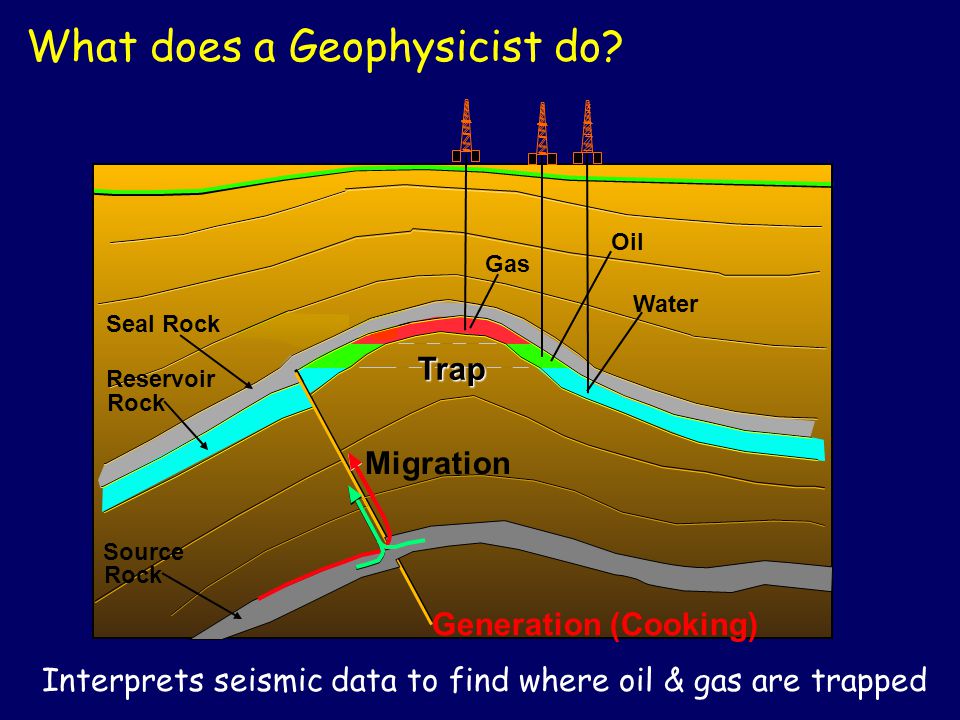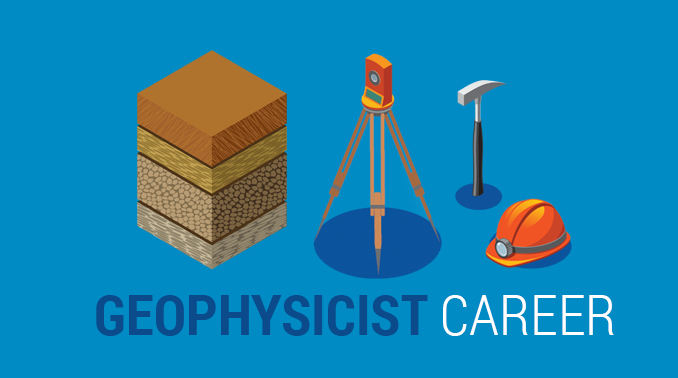All Categories
Featured
Table of Contents
Geological And Geophysical (G&g) Surveys in Singleton Aus 2022

The primary design for the radial structure of the interior of the Earth is the initial recommendation Earth design (PREM). Some parts of this design have been updated by current findings in mineral physics (see post-perovskite) and supplemented by seismic tomography. The mantle is mainly composed of silicates, and the borders between layers of the mantle follow stage shifts.

This makes plate tectonics possible. Schematic of Earth's magnetosphere. The solar wind flows from left to right. If a planet's electromagnetic field is strong enough, its interaction with the solar wind forms a magnetosphere. Early area probes mapped out the gross dimensions of the Earth's electromagnetic field, which extends about 10 Earth radii towards the Sun.
Inside the magnetosphere, there are fairly dense regions of solar wind particles called the Van Allen radiation belts. Geophysical measurements are generally at a specific time and place.
Integrated Geophysical Surveys For The Safety in Ellenbrook Aus 2021
, integrates astronomical collaborates and the local gravity vector to get geodetic collaborates. This approach only offers the position in 2 coordinates and is more tough to use than GPS.
Gravity measurements became part of geodesy because they were required to related measurements at the surface of the Earth to the reference coordinate system.
Sea level can also be determined by satellites utilizing radar altimetry, adding to a more accurate geoid. In 2002, NASA launched the Gravity Healing and Climate Experiment (GRACE), wherein 2 twin satellites map variations in Earth's gravity field by making measurements of the distance in between the two satellites utilizing GPS and a microwave varying system. , which are studied through geophysics and space physics.
Geophysical Surveying in Kallaroo Aus 2023

Given that geophysics is worried with the shape of the Earth, and by extension the mapping of features around and in the world, geophysical measurements include high accuracy GPS measurements. These measurements are processed to increase their accuracy through differential GPS processing. Once the geophysical measurements have been processed and inverted, the interpreted results are plotted utilizing GIS.
Numerous geophysics companies have actually developed internal geophysics programs that pre-date Arc, GIS and Geo, Soft in order to meet the visualization requirements of a geophysical dataset. Expedition geophysics is used geophysics that typically utilizes remote picking up platforms such as; satellites, airplane, ships, boats, rovers, drones, borehole sensing devices, and seismic receivers.
For example, aeromagnetic information (aircraft collected magnetic data) collected using traditional fixed-wing airplane platforms must be fixed for electro-magnetic eddy currents that are developed as the aircraft moves through Earth's electromagnetic field. There are likewise corrections associated with modifications in determined prospective field strength as the Earth rotates, as the Earth orbits the Sun, and as the moon orbits the Earth.
What Do Geoscientists And Hydrologists Do? in West Swan Aus 2023
Signal processing involves the correction of time-series information for unwanted noise or mistakes presented by the measurement platform, such as aircraft vibrations in gravity information. It likewise includes the decrease of sources of noise, such as diurnal corrections in magnetic information. In seismic data, electro-magnetic data, and gravity information, processing continues after mistake corrections to include computational geophysics which result in the final analysis of the geophysical data into a geological interpretation of the geophysical measurements Geophysics emerged as a different discipline just in the 19th century, from the crossway of physical geography, geology, astronomy, meteorology, and physics.
The magnetic compass existed in China back as far as the fourth century BC. It was not until good steel needles might be forged that compasses were utilized for navigation at sea; prior to that, they might not maintain their magnetism long enough to be beneficial.
By looking at which of 8 toads had the ball, one could identify the direction of the earthquake.'s (1600 ), a report of a series of careful experiments in magnetism.
Geology Careers: Degree Requirements, Cost & Salary in Joondalup Australia 2022
In 1687 Isaac Newton published his, which not only laid the foundations for classical mechanics and gravitation Also explained a variety of geophysical phenomena such as the tides and the precession of the equinox. The first seismometer, an instrument efficient in keeping a continuous record of seismic activity, was developed by James Forbes in 1844. Dietmar; Sdrolias, Maria; Gaina, Carmen; Roest, Walter R. (April 2008). "Age, spreading rates, and spreading asymmetry of the world's ocean crust". Geochemistry, Geophysics, Geosystems. 9 (4 ): Q04006. Bibcode:2008 GGG ... 9. 4006M. doi:10. 1029/2007GC001743. S2CID 15960331. "Earth's Inconstant Electromagnetic field". science@nasa. National Aeronautics and Area Administration. 29 December 2003. Retrieved 13 November 2018.
Runcorn, S.K, (editor-in-chief), 1967, International dictionary of geophysics:. Pergamon, Oxford, 2 volumes, 1,728 pp., 730 fig Geophysics, 1970, Encyclopaedia Britannica, Vol. Intro to seismology (2nd ed.).
Table of Contents
Latest Posts
How To Become A Geophysicist in Tuart Hill Western Australia 2020
What Do Geoscientists And Hydrologists Do? in Oakford WA 2023
Recent Advances In Optimized Geophysical Survey Design in Mindarie Australia 2021
More
Latest Posts
How To Become A Geophysicist in Tuart Hill Western Australia 2020
What Do Geoscientists And Hydrologists Do? in Oakford WA 2023
Recent Advances In Optimized Geophysical Survey Design in Mindarie Australia 2021